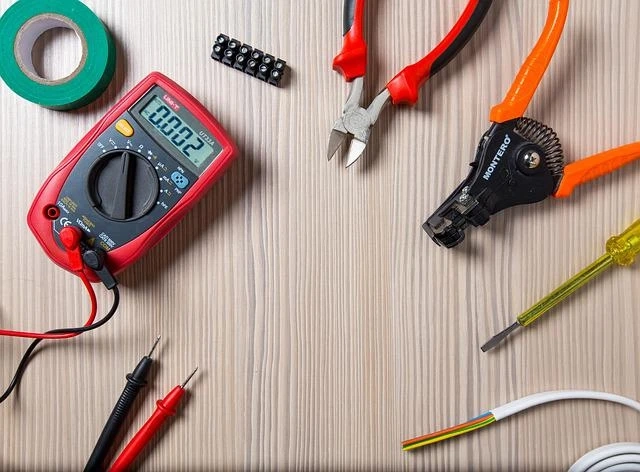As he works on a housing box, an electrician smiles.
How many times have we heard on the news about an electrician who died after stepping on a broken beam or coming into contact with a live wire with his bare leg?
If you're interested in the science of electricity, keep in mind that electrician work is physically hard. According to the news website, the "work environment and sophistication of the job's requirements" induce stress in electricians. An electrician eltham must always be conscious that if he makes the wrong judgment, his and his users' lives are at risk.
Is Becoming an Electrician a Good Career Choice?
Like cops, firefighters, and deep-sea fishers, electricians operate on the front lines of a dangerous profession. An electrician is tense when they are given risky projects or are forced to do the intricate job faster than normal.
When an electrician is only working on a house with a voltage of no more than 120 volts, his level of anxiety is likely to be far lower than when he is working on power transformers, where electricity can be heard buzzing through the wires. An article illustrating the difference between commercial and residential electrician work may be found here.
Working as an electrician comes with several risks.
The US government has prioritized improving worker safety and working conditions in the utility industry, implementing stringent regulations. Despite their best efforts, working as an electrician comes with its own set of dangers. These hazards are magnified when heavy machinery, construction, bad weather, and transportation are involved, as in the case of electricity recovery following natural disasters.
Even though electricians regularly put their lives in danger, they rarely receive the recognition they deserve. There is a range of risks associated with installing, repairing, and maintaining electrical systems, not all of which are electrical. Electricians are exposed to hazardous materials including lead, asbestos, solvents, and severe, frequently lethal electrical shocks. They are frequently asked to work for long periods in small, confined spaces. They employ powerful hand-held tools like electric drills, and airborne particles can cause eye damage. Electricians who work with sharp equipment are at risk of slipping, falling, and suffering cuts and abrasions. A circuit malfunction might potentially result in fires or explosions.
Electrician employment was named among the top ten most dangerous jobs in the United States by the Bureau of Labor Statistics in 2016. Fortunately, the number of workplace fatalities in the United States has declined since 1994. 2014 was the bloodiest year in the decade, with 4,679 workers dying, a 2% increase over 2013. In 2016, electric powerline repairs were among the most dangerous jobs; but, with only 19.2 deaths per 100,000 workers, the stringent rules appear to be succeeding.
Nonetheless, electric employees put their lives on the line when performing extremely dangerous electrical duties for us. It's past time that we began to value them.
0


